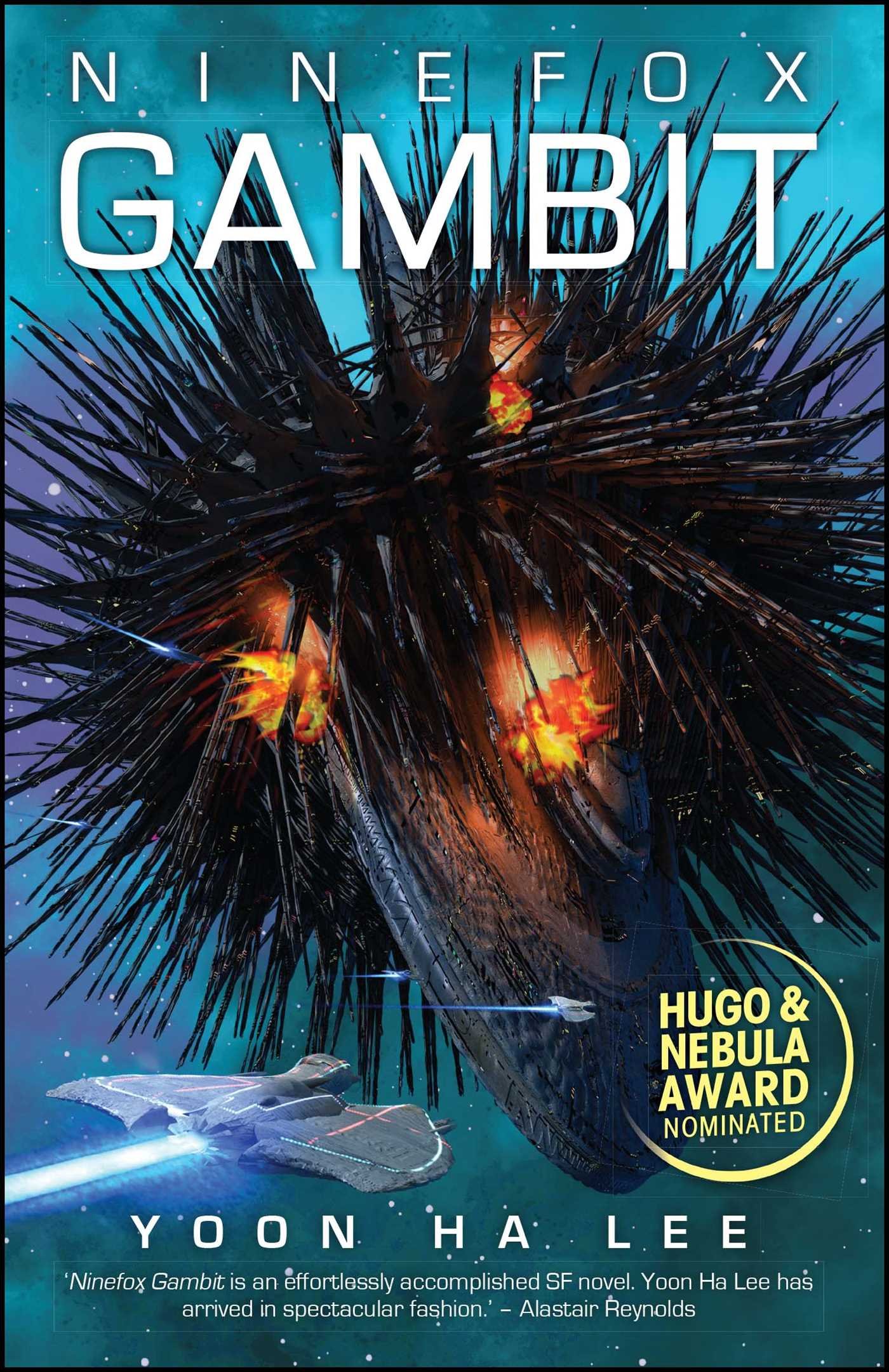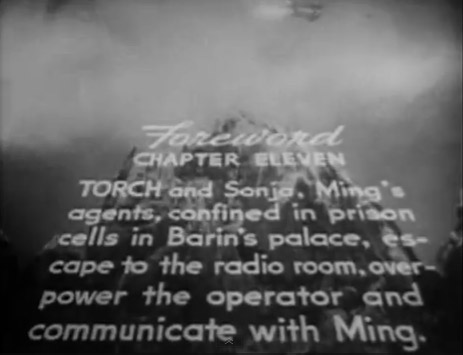 My brilliant friend Holly had mentioned that Ninefox Gambit, the first book in Yoon Ha Lee‘s Machineries of Empire trilogy, had “cracked [her] head open in a good way” which made me want to read it immediately.
My brilliant friend Holly had mentioned that Ninefox Gambit, the first book in Yoon Ha Lee‘s Machineries of Empire trilogy, had “cracked [her] head open in a good way” which made me want to read it immediately.
By the end of the first page, I felt like I had been “thrown into the deep end” of a world I didn’t understand. Not since childhood had I felt so lost, so unmoored in a piece of fiction.
It got me thinking about how we “lay the scene” in fiction. For example, Shakespeare. Like the opening of Romeo & Juliet:
Two households, both alike in dignity
In fair Verona, where we lay our scene,
From ancient grudge break to new mutiny,
Where civil blood makes civil hands unclean.
You don’t get more efficient than that. The prologue for Henry V has something a little fancier, repeatedly drawing attention to (and begging forgiveness for) the artifice of the stage:
O for a Muse of fire, that would ascend
The brightest heaven of invention,
A kingdom for a stage, princes to act
And monarchs to behold the swelling scene!
Then should the warlike Harry, like himself,
Assume the port of Mars; and at his heels,
Leash’d in like hounds, should famine, sword and fire
Crouch for employment. But pardon, and gentles all,
The flat unraised spirits that have dared
On this unworthy scaffold to bring forth
So great an object: can this cockpit hold
The vasty fields of France? or may we cram
Within this wooden O the very casques
That did affright the air at Agincourt?
O, pardon! since a crooked figure may
Attest in little place a million;
And let us, ciphers to this great accompt,
On your imaginary forces work.
Suppose within the girdle of these walls
Are now confined two mighty monarchies,
Whose high upreared and abutting fronts
The perilous narrow ocean parts asunder:
Piece out our imperfections with your thoughts;
Into a thousand parts divide on man,
And make imaginary puissance;
Think when we talk of horses, that you see them
Printing their proud hoofs i’ the receiving earth;
For ’tis your thoughts that now must deck our kings,
Carry them here and there; jumping o’er times,
Turning the accomplishment of many years
Into an hour-glass: for the which supply,
Admit me Chorus to this history;
Who prologue-like your humble patience pray,
Gently to hear, kindly to judge, our play.
I think it’s interesting to note that both film adaptations of the play keep this stage-specific introduction. However, since way back in the Silent Era, movies have most often used the intertitle to get the audience up to speed. One of my favorites is from director Peter Weir’s Master and Commander: The Far Side of the World:
April – 1805
Napoleon is Master of Europe
Only the British Fleet stands before him
OCEANS ARE NOW BATTLEFIELDS
Audaciously concise and vivid. Old cowboy and action serials from the 30s & 40s had more work to do because they had to catch the audience up on what has happened in previous installments. Like in Flash Gordon Conquers the Universe.

George Lucas leaned heavily on all the science fiction that had come before him, remixing at least as much as innovating. However, the great (if problematic) Robert A. Heinlein may be the writer who left one of the deepest stylistic marks on the genre.
Sci-fi author Samuel R. Delaney highlights the Heinleinian sentence “The door dilated” as an example of his break with prose that spoon-feeds information to readers and prose that simply expects the reader to figure out speculative worlds through context. The author is implying, “Look, this is space. This is the future. Doors don’t swing open, they dilate. Keep up.” This technique has come to dominate worldbuilding in modern sci-fi & fantasy. Popular science writer Steven Johnson‘s excellent book Everything Bad is Good For You explores media & audiences coevolution in narrative complexity.
Which brings us back to the first chapter or so of Ninefox Gambit. Right away, we’re hit with a bunch of unfamiliar place names. “Kel Academy”. “The City of Ravens Feasting”.
Sure.
Some unfamiliar cultural names, like festivals and emblems and battle formations. “Carrion Day”. “Lexicon Primary”. “Society of the Flourish”. “The Kel ashhawk”. “Chain of Thorns”. “One Thorn Poisons a Thousand Hands”.
Got it.
Some unfamiliar technology names. “Heat lances”. “Servitor Sparrow”. “The Guardhawks, angular birdforms”.
No problem.
But then everything else is just completely non-linear. Talking about “the heretic Eels’ outpost world of Dredge” and a “threshold winnower” and “ghostlight” and a “directional storm generator” which “scrambles vectors” and “weather eaters” and “formation geometry” and “exotic effects” and “adherence to the hexarchate’s high calendar” and “formation instinct” and “mathematics of formation mechanics” and “heretical technology” and “invariant weapons” and “calendrical rot” and something called a “voidmoth”!
I was drowning in the deep end. But I loved the feeling of being so lost, for once.
Keep up.
